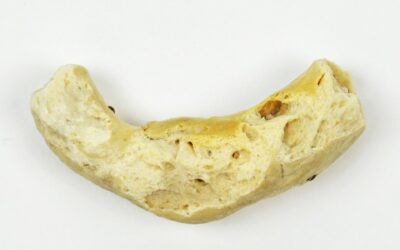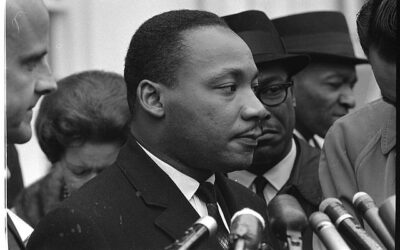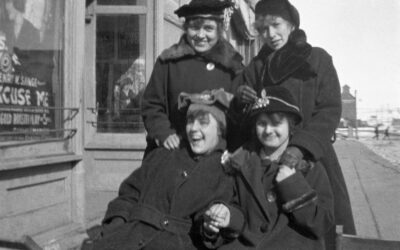Like this year, 1890 was an election year. And like this year, there was plenty of drama on the political scene. Drought in 1890 killed the crops, and Nebraska’s farmers, frustrated by high interest rates, high railroad freight rates, and low farm prices, vowed, “Since we raised no crops, we’ll just raise hell.”
The farmers’ hell-raising took political form. Some 15,000 registered voters signed the State Farmers’ Alliance “declaration of principles” which called for the free coinage of silver, abolition of the land monopoly, governmental ownership of railroads and telegraph lines, and appropriate taxation of the wealthy. Based on overwhelming response to the “declaration,” a People’s State Independent Convention was called to meet July 29, 1890 in Lincoln.
Over eight-hundred delegates crowded Bohanan’s Hall in the Capital City to establish a platform and nominate a full slate of candidates. John H. Powers of Trenton was selected as the gubernatorial candidate in a convention that featured great oration and much singing. Nearly every well-known song of the day was modified by the so-called “Populists” with words which reflected the political times. “My Country, ‘Tis of thee” was re-written as “My country, ’tis of thee/once land of liberty, of thee I sing. Land of the Millionaire: farmers with pockets bare, caused by the cursed snare–the Money Ring.”
The Populists’ protest songs were parodied by Lincoln Journal columnist A.L. “Doc” Bixby, who offered this ditty as his comment on the movement: “I cannot sing the old songs, My heart is full of woe; But I can howl calamity/from Hell to Broken Bow.”
Not everyone took the Populists seriously until November, when election returns forced the pundits to sit up and take notice. Democrat James Boyd was elected governor, but only by a thousand votes. Populists were sent to Congress, and gained control of Nebraska’s Senate and House.
The newspapers could call them “hogs in the parlor,” but the Populists were a political force to be reckoned with in the 1890s.



